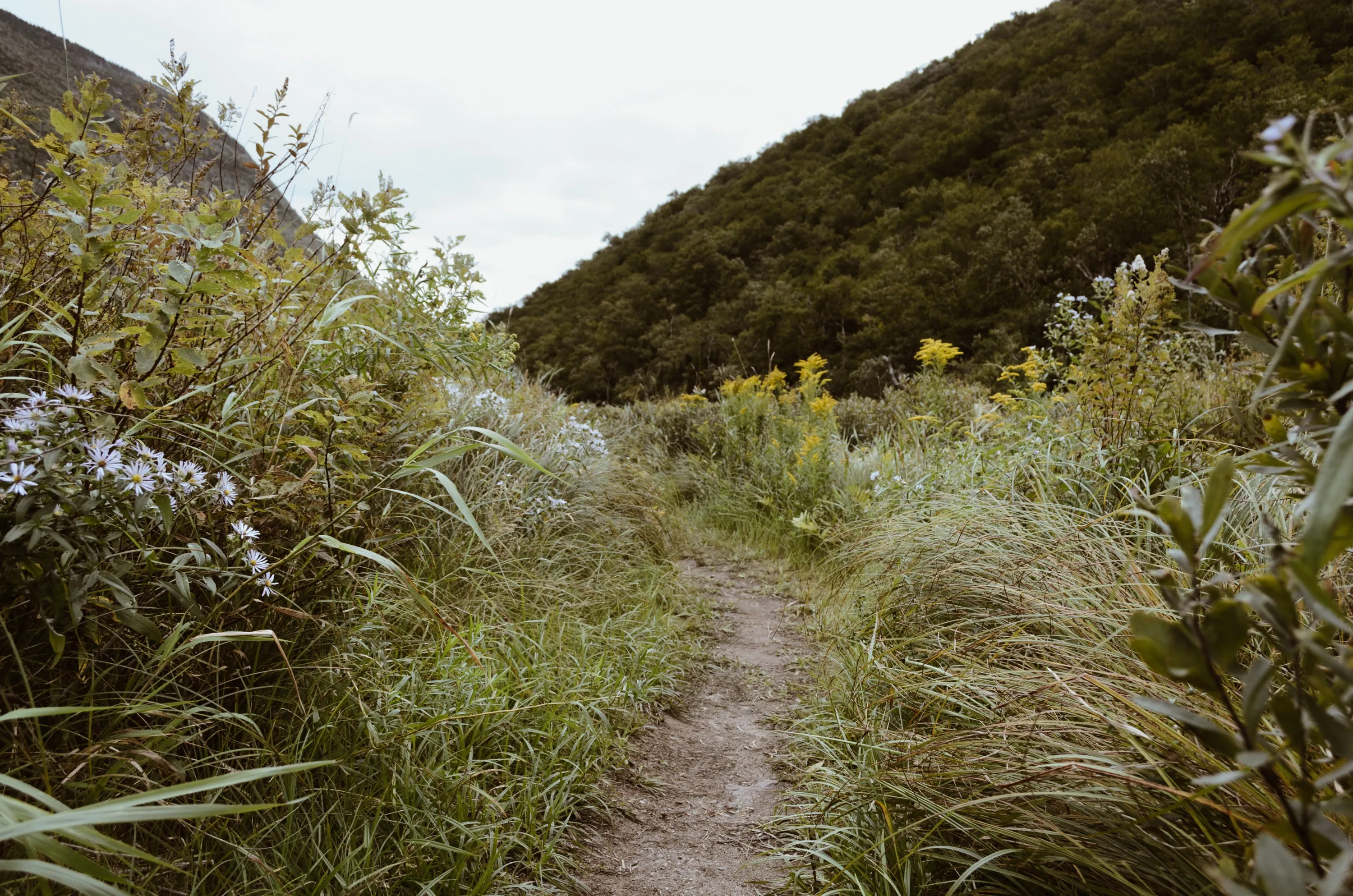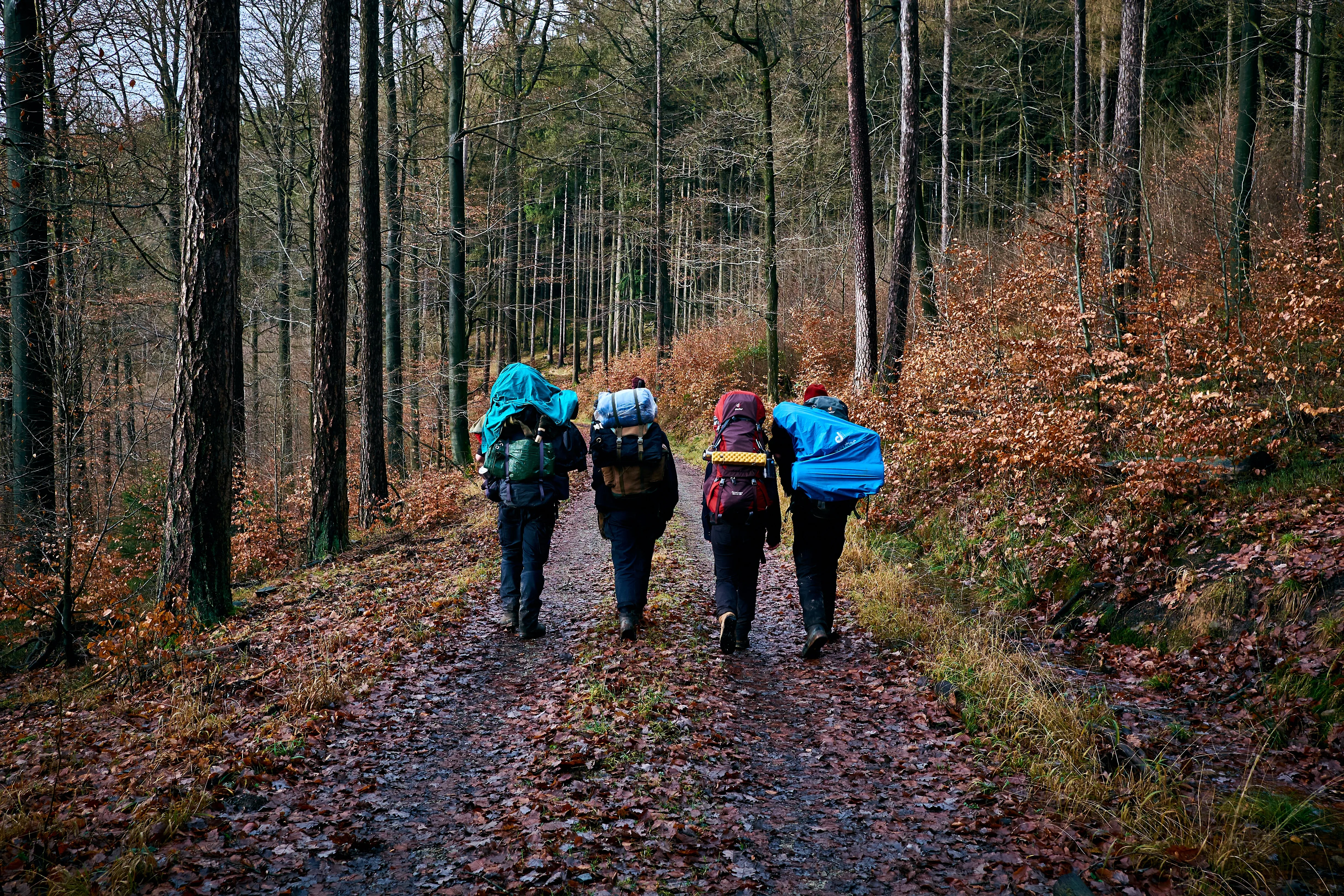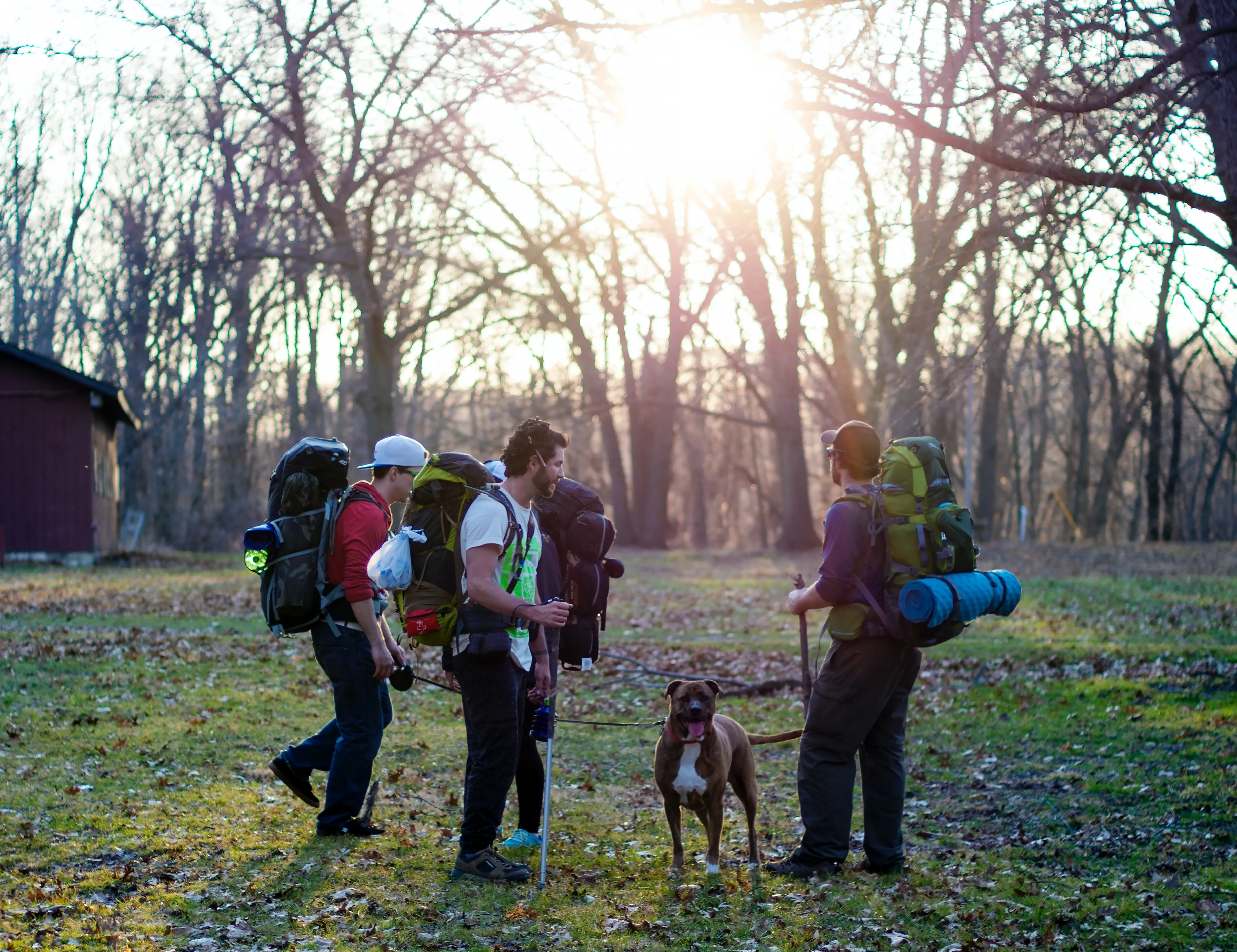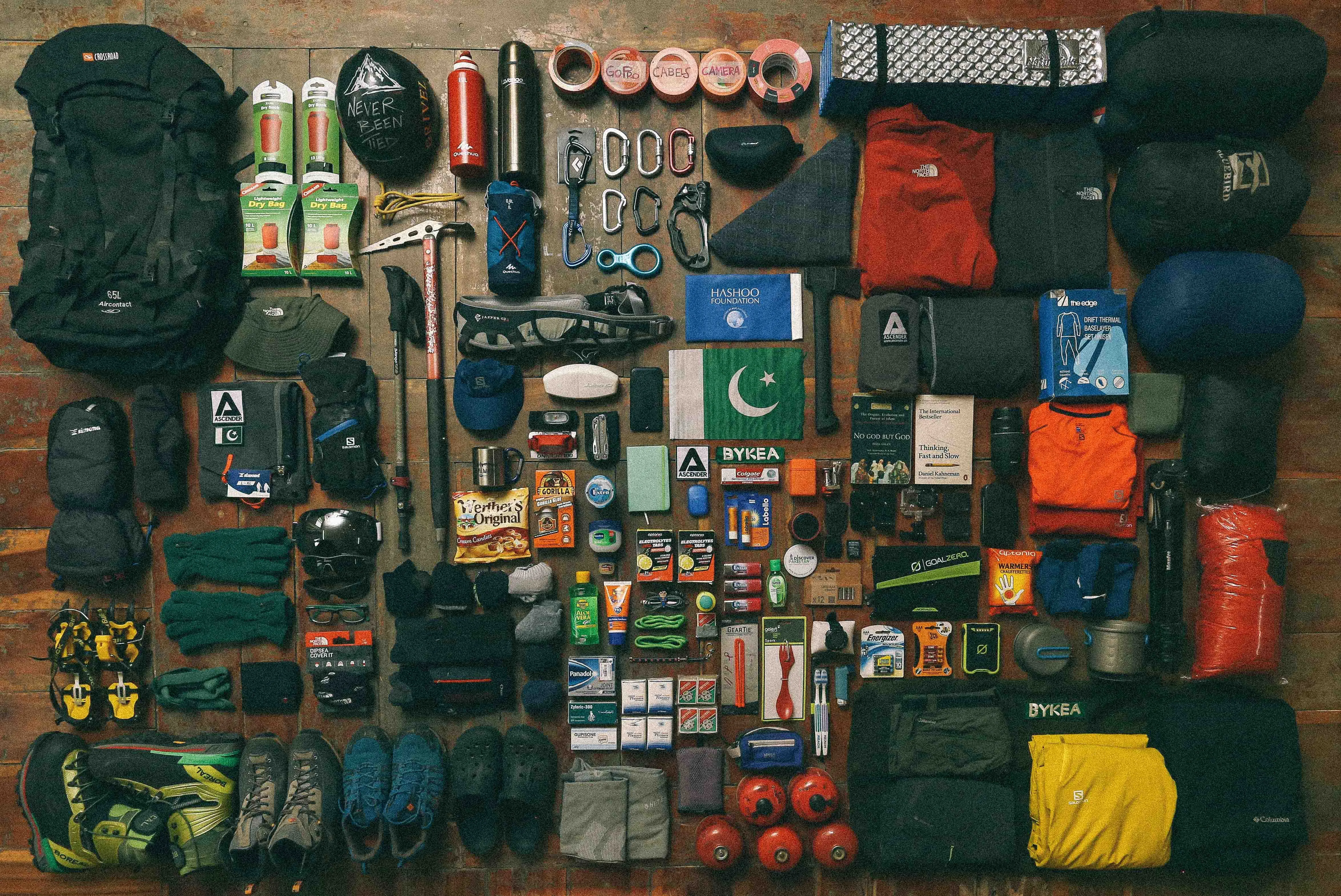Leave No Trace: Principles of Eco-Friendly Hiking in South Africa
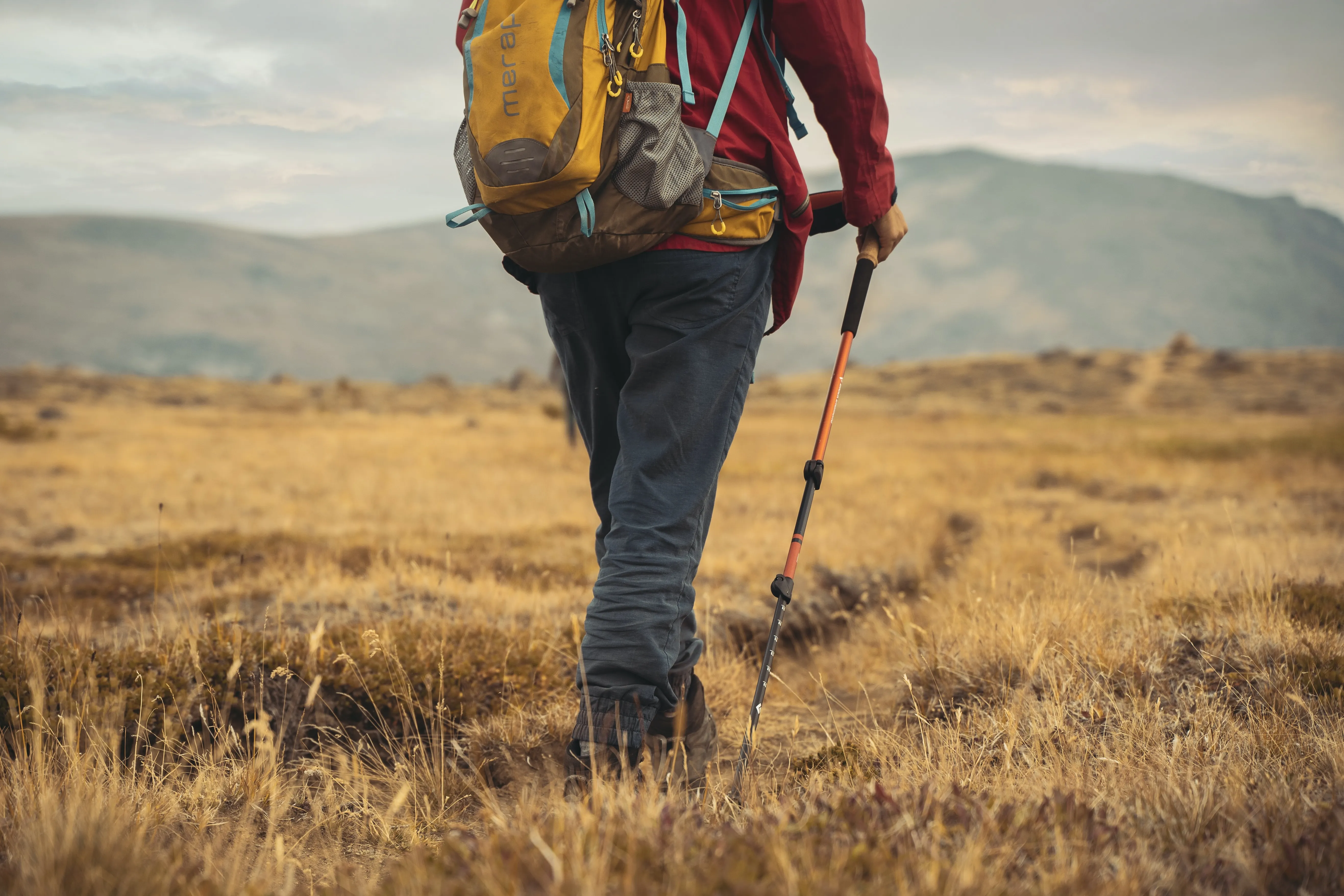
South Africa, the 'Rainbow Nation', is a hiker's paradise. From the dramatic cliffs of the Drakensberg to the beautiful flower-strewn plains of the Western Cape, the country boasts countless trails that offer the chance to immerse oneself in the untamed beauty of its diverse landscapes. However, with this privilege comes a substantial responsibility: to ensure that our footsteps do not detrimentally impact the very trails we cherish. This article explores the principles of eco-friendly hiking and why they’re crucial to preserving South Africa's natural heritage.
The Importance of Sustainable Hiking
As humans, we are both a part of nature and its stewards. Our actions can either contribute to the preservation of natural spaces or lead to their degradation. Sustainable hiking practices are, therefore, not just a courtesy to nature but a necessity.
Hiking can impact the environment in several ways, including soil erosion, disturbance to wildlife, water pollution, and littering. By becoming informed about and actively practicing sustainable hiking, we're choosing a path of respect towards the environment and helping ensure future generations can continue to enjoy these natural wonders.
The Leave No Trace Principles
Born in the backcountry of America, the 'Leave No Trace' principles constitute a globally accepted ethical code for outdoor activities. They offer guidance on minimizing our environmental impact while hiking. Let's explore these principles as they pertain to the South African context:
1. Plan Ahead and Prepare
Proper planning enables you to comply with specific area regulations, reduces risk of emergencies, and minimizes impact on the environment.
Action: Research your chosen trail. Understand its difficulty level, regulations, and weather conditions. Pack necessary equipment, food, and water.
2. Travel and Camp on Durable Surfaces
Sticking to designated trails and camping sites prevents soil erosion and protects vegetation and small lifeforms.
Action: Always stay on the marked trail, even if it's muddy. Don't create new paths or expand camping sites.
3. Dispose of Waste Properly
"What you carry in, carry out." This mantra reminds us to deal responsibly with our waste to avoid contaminating water sources and spoiling others' experiences.
Action: Carry all your litter, including biodegradable items like fruit peels, back home. Use facilities provided for human waste, or bury it 15-20cm deep and 70m from water sources.
4. Leave What You Find
This principle encourages respect for natural and cultural artifacts, allowing others to discover them too.
Action: Don't pick flowers, move rocks, or disturb archeological sites. Leave everything as you found it.
5. Minimize Campfire Impact
Campfires can cause lasting damage to the environment. Avoid them where possible, or use designated areas and keep fires small.
Action: Use a camping stove for cooking. Never leave a fire unattended and ensure it's completely extinguished before leaving.
6. Respect Wildlife
Close encounters with wildlife can disturb their natural behavior and can also be dangerous.
Action: Observe wildlife from a distance. Don't feed animals or leave food where they can access it.
7. Be Considerate of Other Visitors
Respect other visitors and protect the quality of their experience.
Action: Keep noise levels low. Yield to other users on the trail.
These practices remind us that the joy of immersing ourselves in the wilderness comes with the duty to preserve its integrity.
Hiking in South Africa's beautiful landscapes is a privilege and an exhilarating joy. Each step on the trail is a moment to contemplate our fantastic natural heritage. By adopting and promoting the Leave No Trace principles, we can ensure that this heritage remains unspoiled for generations to come.
The power to protect our trails lies in our backpacks, our boots, and our choices. As the custodians of our beautiful country, sustainable hiking isn't just an option—it's our responsibility.
When we tread lightly, we make a clear statement: that we respect nature and recognize our place in it not as dominants but as participants. In its silence, nature speaks. By leaving no trace, we respond in kind, pledging to safeguard the trails we love, the experiences they gift us, and the lessons they teach us.
As we journey through South Africa's vast natural landscapes, let's pause, take a deep breath, and soak in the majestic beauty around us. And while our hearts carry away indelible memories, let's ensure our footprints fade, leaving these trails just as we found them, if not better.
So, lace up your hiking boots, pack your gear, and embark on your next adventure, stepping lightly and leaving no trace. Here's to greener trails and responsible hiking. Our journey of a thousand miles begins with a single eco-conscious step!

